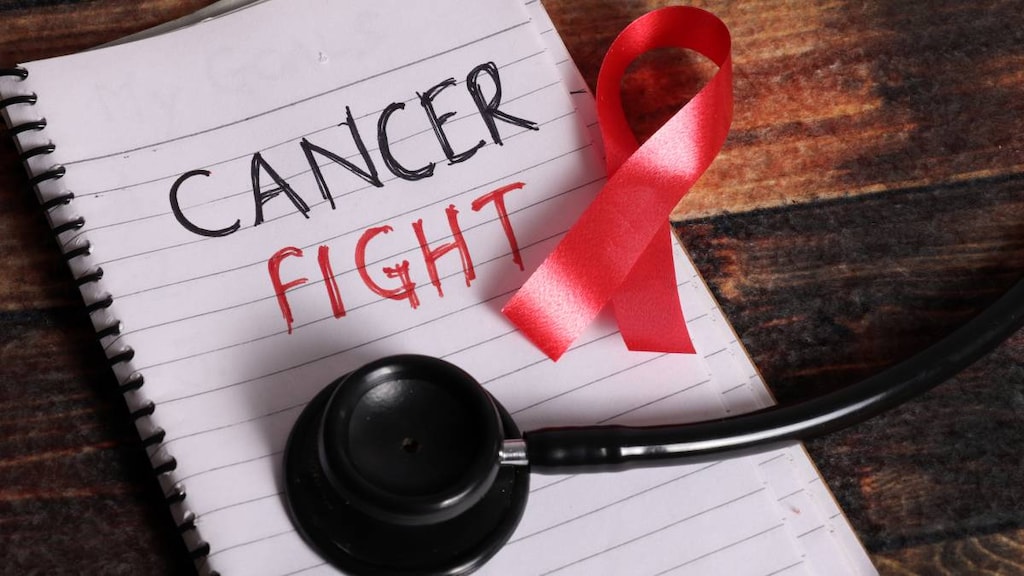What is Purixan used for?
- Purixan is used to treat a type of leukemia.
- Purixan may be given to you for other reasons. Talk to your doctor.
Before taking Purixan, tell your doctor:
- If you are allergic to Purixan; any part of this medicine; or any other drugs, foods, or substances. Tell your doctor about the allergy and what signs you had.
- If you have taken Purixan or a drug called thioguanine before and your cancer did not respond.
- If you are taking allopurinol.
- If you are breast-feeding or plan to breast-feed.
This is not a list of all drugs or health problems that interact with this medicine.
Tell your doctor and pharmacist about all of your drugs (prescription or OTC, natural products, vitamins) and health problems. You must check to make sure that it is safe for you to take Purixan with all of your drugs and health problems. Do not start, stop, or change the dose of any drug without checking with your doctor.
What are some things I need to know or do while I take Purixan?
- Tell all of your health care providers that you take Purixan. This includes your doctors, nurses, pharmacists, and dentists.
- If you have upset stomach, throwing up, diarrhea, or are not hungry, talk with your doctor. There may be ways to lower these side effects.
- Very bad and sometimes life-threatening blood and bone marrow problems like anemia, low platelet counts, or low white blood cell counts have happened with Purixan. Change in dose or even stopping the drug may be needed if any of these side effects happen. Talk with the doctor.
- You may have more chance of getting an infection. Wash hands often. Stay away from people with infections, colds, or flu.
- You may bleed more easily. Be careful and avoid injury. Use a soft toothbrush and an electric razor.
- If you have thiopurine S-methyltransferase (TPMT) or nucleotide diphosphatase (NUDT15) deficiency, talk with your doctor.
- This medicine may add to the chance of getting some types of cancer. Talk with the doctor.
- A rare type of cancer called hepatosplenic T-cell lymphoma (HSTCL) has happened with Purixan. These cases have been deadly. Most of the time, these cases happened in teenagers or young adults. Most of these patients were using Purixan to treat certain types of bowel problems like Crohn disease and ulcerative colitis. This medicine is not approved for use to treat bowel problems like these. Tell the doctor if you have ever had any type of cancer. Talk with the doctor.
- Have blood work checked as you have been told by the doctor. Talk with the doctor.
- Talk with your doctor before getting any vaccines. Use of some vaccines with Purixan may either raise the chance of an infection or make the vaccine not work as well.
- You may get sunburned more easily. Avoid sun, sunlamps, and tanning beds. Use sunscreen and wear clothing and eyewear that protects you from the sun.
- A very bad and sometimes life-threatening problem called Macrophage Activation Syndrome (MAS) may rarely happen in people with autoimmune diseases. Talk with the doctor.
- Low blood sugar has happened in people taking Purixan, especially children. Signs may be dizziness, headache, feeling sleepy, feeling weak, shaking, a fast heartbeat, confusion, hunger, or sweating. Call your doctor right away if you have any of these signs.
- This medicine may cause harm to the unborn baby or loss of the unborn baby if you take it while you are pregnant.
- Use birth control that you can trust to prevent pregnancy while taking Purixan.
- If you are pregnant or you get pregnant while taking Purixan, call your doctor right away.
How is Purixan best taken?
Use Purixan as ordered by your doctor. Read all information given to you. Follow all instructions closely.
- Take Purixan at the same time of day.
- Talk with your doctor or pharmacist about how to take Purixan with regard to food.
- Drink lots of noncaffeine liquids unless told to drink less liquid by your doctor.
- Your doctor will tell you how to take Purixan. Be sure you know how much to take, how often to take Purixan, and how to store Purixan. If your doctor does not tell you how to use Purixan or if you are not sure how to use it, talk with your doctor.
- You will need to take special care when handling Purixan. Check with the doctor or pharmacist to see how to handle Purixan.
- Shake well for at least 30 seconds before each use.
- Measure liquid doses carefully. Use the measuring device that comes with Purixan.
- Clean the measuring device as you have been told. If you have questions about cleaning the measuring device, talk with the doctor or pharmacist.
- This medicine is pink to brown in color. This is normal.
What do I do if I miss a dose?
- Call your doctor to find out what to do.
What are the side effects of Purixan that I need to call my doctor about immediately?
WARNING/CAUTION: Even though it may be rare, some people may have very bad and sometimes deadly side effects when taking a drug. Tell your doctor or get medical help right away if you have any of the following signs or symptoms that may be related to a very bad side effect:
- Signs of an allergic reaction, like rash; hives; itching; red, swollen, blistered, or peeling skin with or without fever; wheezing; tightness in the chest or throat; trouble breathing, swallowing, or talking; unusual hoarseness; or swelling of the mouth, face, lips, tongue, or throat.
- Signs of infection like fever, chills, very bad sore throat, ear or sinus pain, cough, more sputum or change in color of sputum, pain with passing urine, mouth sores, or wound that will not heal.
- Signs of bleeding like throwing up or coughing up blood; vomit that looks like coffee grounds; blood in the urine; black, red, or tarry stools; bleeding from the gums; abnormal vaginal bleeding; bruises without a cause or that get bigger; or bleeding you cannot stop.
- Signs of kidney problems like unable to pass urine, change in how much urine is passed, blood in the urine, or a big weight gain.
- Severe diarrhea.
- Very upset stomach or throwing up.
- Change in color of skin.
- Redness or white patches in mouth or throat.
- Feeling very tired or weak.
- Shortness of breath.
- Very bad belly pain or soreness.
- A skin lump or growth.
- Very bad and sometimes deadly liver problems have happened with Purixan. Call your doctor right away if you have signs of liver problems like dark urine, feeling tired, not hungry, upset stomach or stomach pain, light-colored stools, throwing up, or yellow skin or eyes.
What are some other side effects of Purixan?
All drugs may cause side effects. However, many people have no side effects or only have minor side effects. Call your doctor or get medical help if any of these side effects or any other side effects bother you or do not go away:
- Diarrhea.
- Not hungry.
- Upset stomach or throwing up.
- Feeling tired or weak.
These are not all of the side effects that may occur. If you have questions about side effects, call your doctor. Call your doctor for medical advice about side effects.
You may report side effects to the FDA at 1-800-332-1088. You may also report side effects at https://www.fda.gov/medwatch.
If overdose is suspected:
If you think there has been an overdose, call your poison control center or get medical care right away. Be ready to tell or show what was taken, how much, and when it happened.
How do I store and/or throw out Purixan?
- Store at room temperature.
- Store in a dry place. Do not store in a bathroom.
- Protect from heat.
- Throw away any part not used 8 weeks after opening.
- Keep all drugs in a safe place. Keep all drugs out of the reach of children and pets.
- Throw away unused or expired drugs. Do not flush down a toilet or pour down a drain unless you are told to do so. Check with your pharmacist if you have questions about the best way to throw out drugs. There may be drug take-back programs in your area.
Consumer information use and disclaimer
- If your symptoms or health problems do not get better or if they become worse, call your doctor.
- Do not share your drugs with others and do not take anyone else's drugs.
- Some drugs may have another patient information leaflet. Check with your pharmacist. If you have any questions about Purixan, please talk with your doctor, nurse, pharmacist, or other health care provider.
- If you think there has been an overdose, call your poison control center or get medical care right away. Be ready to tell or show what was taken, how much, and when it happened.
This information should not be used to decide whether or not to take Purixan or any other medicine. Only the healthcare provider has the knowledge and training to decide which medicines are right for a specific patient. This information does not endorse any medicine as safe, effective, or approved for treating any patient or health condition. This is only a brief summary of general information about this medicine. It does NOT include all information about the possible uses, directions, warnings, precautions, interactions, adverse effects, or risks that may apply to Purixan. This information is not specific medical advice and does not replace information you receive from the healthcare provider. You must talk with the healthcare provider for complete information about the risks and benefits of using this medicine.



